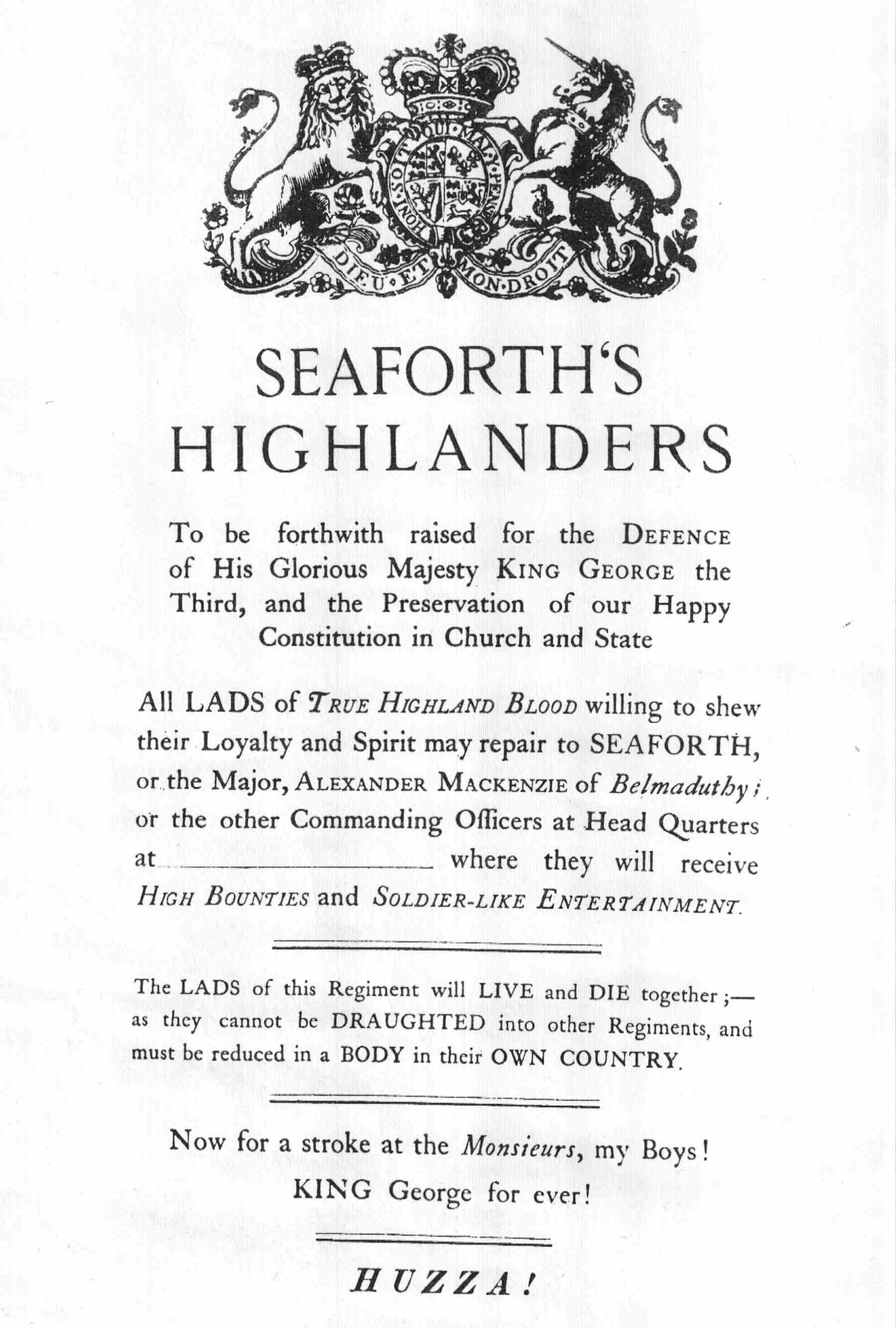I don't know how many memoirs there are from the First World War written by Germans. But I'd be interested to see what they have to say about killing prisoners. I've just finished reading a book, first published in 1929, in which a variety of British servicemen recounted their experiences during the war. What struck me was that more than half of accounts mentioning the murder of surrendered or surrendering Germans were from former members of Highland regiments.
One account detailed how during the Battle of Loos in 1915 a platoon of Highlanders found about 20 Germans at their mercy in a captured trench. The Germans, who wounded some of the Highlanders as they stormed the trench, begged for mercy. Then one of the Scots shouted “Remember the Lusitania” and the Germans were slaughtered. The deaths of almost 1,200 civilians when a German submarine torpedoed the ocean liner were widely regarded at the time as a war crime. Another member of a Highland regiment told how that no German was left alive after his unit took a German trench at Ypres in 1917. In another book, a private in the one of the Highland regiments also recalled the murder of prisoners at Loos.
Now, it could be that Scottish soldiers were more honest about whether they killed surrendered Germans. Or it could be that they were more likely to kill prisoners than most other British soldiers? The Canadians and Australians were also notorious for killing Germans who could have been easily captured.
About a year ago, while working on a companion volume to Scottish Military Disasters, I was going through some battalion histories from the First World War. Most did not explicitly mention the killing of surrendering Germans but simply noted with satisfaction that there were no survivors from such-and -such a German machinegun post after had been over-run. But the history of one of the Glasgow battalions was not so coy. The history tells the story of an officer of the Worcestershire Regiment who asked a sergeant from the Glasgow unit how many German prisoners he’d taken during a recent battle. “Prisoners,” replied the sergeant. “None, my ammunition's no done yet.”
The Scots who fought in the Second World War were just as honest as those from the First when it came to talking about killing prisoners. Seaforth Highlander Sgt. Carnduff said that after the Battle of Alamein a total of nine Germans found huddled in the bottom of trenches by-passed during the 51st Highland Division’s advance had been killed by dropping anti-tank mines on them. A soldier from the 15th Scottish Division admitted that during the fighting in Normandy after D-Day his unit soon stopped taking prisoners. “Any German who tries to surrender is a brave man; we just shoot them then and there, with their hands up,” he said. “There’s nothing to choose between the British and the Germans as regards atrocities …” The soldier added that shortly after landing in France, his Sergeant Major had been relieving some Germans of their valuables when a Canadian soldier sprayed the prisoners with his sten gun. The Sergeant Major was hit in the stomach.
Winston Churchill would have understood. During his days as a war correspondent during the Boer War he quoted a British soldier complaining about his officers stopping soldiers from his unit finishing off some captured enemy troops. “I never saw such cowards in my life,” the disgruntled soldier said of the Boer prisoners. “Shoot at you until ‘til you come up to them and then beg for mercy. I’d teach ‘em.” In the Second World War this feeling was often translated to the pithy phrase “too late chum”. There's also the question of scared men being unable to flick a switch in their heads which turned them from frenzied killers, careless of their own safety, back into caring compassionate human beings. During the First World War these men were described as “battle drunk”.
Now, soldiers who don't take prisoners can hardly expect to be taken prisoner. Something like one in four Scots who enlisted for military service in the First World War was killed. I wonder if there's a connection. As well as German retaliation for the murder of prisoners by the Scots, Germans who knew surrender was pointless would fight to the death and take as many Jocks with them as possible. One English soldier reported with “dismay” that the Scots were against taking prisoners because the men from North of the Border believed the Germans didn't take any.
The writer and poet Robert Graves wrote that a “division of Lowland territorials” was notorious for killing German wounded. A private from one kilted regiment had a nervous breakdown after being ordered to take no prisoners during the Somme Offensive in 1916.
The Scots didn't have a monopoly when it came to killing prisoners - far from it. However, I'd be interested to see what the Germans had to say about the Scots and prisoners. Oh by the way, it's an accepted fact that the Germans were the first to kill prisoners as a matter of policy, in late August 1914.
Odd Language
This poster has always puzzled me. It dates back to 1793 when the Earl of Seaforth was raising regiment from his tenants and adherents in the north of Scotland.

It’s in English. Surely most of potential recruits would have been Gaelic speakers. And how many would be able to read anyway; English or Gaelic? So, who was the poster intended for?
